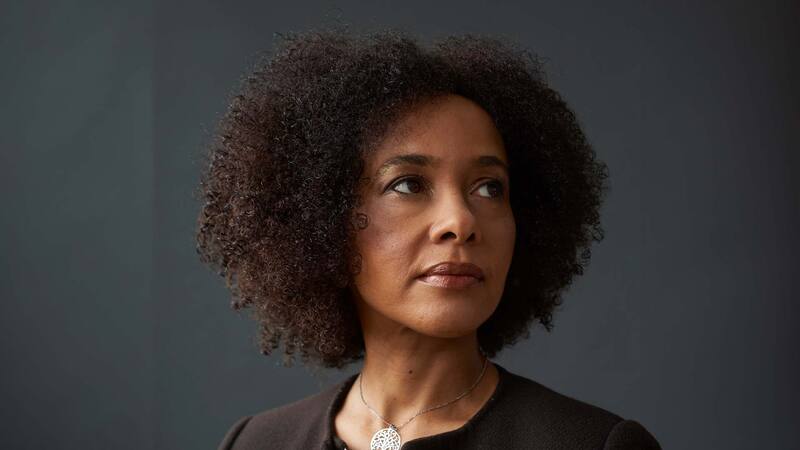You are viewing your 1 free article this month. Login to read more articles.
Write on

Who would be a writer? Well, no one who wants to earn a living, if the latest numbers published by the UK Authors’ Licensing & Collecting Society (ALCS) are to be believed. Median earnings from writing alone are now just £7,000, compared with £10,497 in 2018, with the decline made worse when adjusted for inflation.
“Writing in itself cannot sustain an income that is consistent with a minimum wage,” the earnings report asserts, arguing that the very future of authorship is now under threat, which must be news to agents and publishers, who continue to be inundated by submissions.
I jest. One of the issues with this report, which now comes out every few years and generates much the same headlines and one-sided debate each time around, is how detached it feels from the publishing business it purports to inform. Publishers have had a good recent run, and bookselling too, truth be told. The Publishers Association counters that traditional publishers are paying out more than ever before—about £1bn—a figure that rises as their profits grow, as they have.
That said, the research conducted by CREATe (the UK Copyright & Creative Economy Research Centre) is worth spending some time with. The full document runs to 70 pages, and while no serious analysis of author earnings can come close to covering all of the nuances of the writing profession, this report covers a decent amount of ground. As a snapshot of writing now, it is invaluable. There are too few young writers, too few from underrepresented communities. In earnings terms, women and Black and mixed-race writers have seen sharper real-terms declines in income, growing the already existing disparities. Meanwhile, the number of writers who view writing as their primary occupation has not budged for years, and the number of those whose total individual income comes from writing alone is declining.
Advances are down (both in value and number), but most of this report’s writers don’t get offered one anyway. The report found that the top 10% of authors earn around 47% of the total income of the population, which helps to explain why the “median” figure quoted earlier is now so low and, though catnip for journalists, also mischievous.
Unlike the PR around it, the report also acknowledges its limits. The questionnaire was sent to 60,000 members and completed by just 2,759, a little over 4%. We do not know if the cohort who responded in 2022 was the same as in previous years, and the report’s authors concede that responses “should be treated with caution when extrapolating to the broader population of authors”. Which is fine, except as we all know, that is not how this plays out.
The question, as always, is what happens next? In truth, most publishers I know don’t believe these figures, and think the ALCS and the Society of Authors would rather generate headlines than have a meaningful chat. Publishers could release their own data, but so far have not. Overall, we could all do more to promote writers and ensure that when we talk about careers in the book trade, we do not exclude the originators.



















